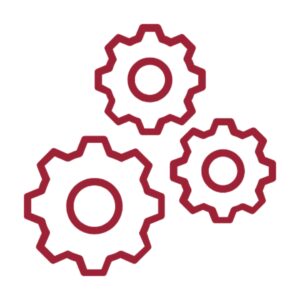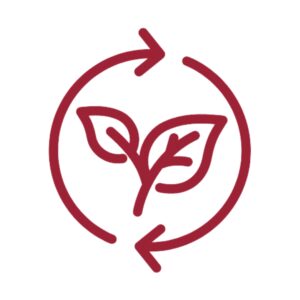What Social Value Means to Stonewest
Stonewest NewsThe construction industry plays a vital role in society, creating the infrastructure that enables us to live and work. It contributes significantly to economic growth and has a profound social and environmental impact. With global issues like pandemic recovery, inflation, the cost of living crisis, rising levels of inequality and the switch to Net Zero, it’s become vitally important for businesses operating within the sector to consider what contribution they make to society, as better decisions made now will deliver a better future for all.
Over recent months we have been considering what constitutes social value and what this means in real terms to our business. Like many organisations, we have been doing things that count towards it, but we are now ready and dedicated to embracing social value as a core business strategy. We have formalised our initiative and pledged to bring about real value for the communities and the environment in which we work. We have set out seven priorities, under three key pillars, which will act as a roadmap to generate more meaningful outcomes.
OUR SOCIAL VALUE COMMITMENT
To make a long-term, positive impact on the communities we serve through:

1) Supporting local jobs: work and training opportunities for local people
- Ensure that local people are given opportunities for work and training.
- Taking an inclusive approach to recruitment and training, for all
- Supporting the wellbeing and safety of all employees and trainees
The health of the local economy and the well-being of its citizens is vitally important, which is why we hire from the local talent pool. We want our clients and all key stakeholders to know that we are invested in community growth and will do our utmost to increase skills and job opportunities for local people. Similarly, we want every member of our workforce to flourish in a safe, inclusive workplace. We recognise that our employees are the lifeblood of our operation and we have an obligation to protect their health, safety and welfare.

2) Work, Live & Play: creating safe, clean environments and public spaces
- Supporting community wellbeing and continual improvement of public spaces and buildings
- Minimising environmental impact and ensuring sustainable working practices
Public space has long been associated with improved well-being through increased social interaction and physical activity, participation in community events and neighbourhood cohesion. Having served the construction industry for
70 years and worked on some of the UK’s most treasured and visited community buildings, through collaboration, innovation and transformation we ensure public spaces are maintained effectively, minimising risk and enhancing enjoyment for all who visit them.
Reducing our carbon footprint throughout the restoration process is a key priority. We aim to conserve the buildings and monuments we are entrusted with, sustainably. We balance a variety of factors when making material choices. Portland stone, the stone we used to create a key part of the new access ramps around the North Transept entrance to St Paul’s Cathedral, is the only stone company in the world to have achieved an ‘Excellent’ rating in BES 6001 – the Responsible Sourcing standard for construction products and the company has an Environmental Product Declaration (EPD) which demonstrates the low environmental impacts of their operation
When specifying materials, we consider environmental components such as efficient design, it’s fitness for purpose, whether it is responsibly sourced, the fabrication process, as well as end of life/deconstruction.
We also encourage an environmentally conscious workplace and implement sustainable working practices into day to day business activities.

3) Collaborate for success: partner with stakeholders to understand the social needs involved, tailor bespoke services to meet the specific needs and aspirations of the local environment and community
- Every community has different needs, challenges and aspirations. Therefore, different solutions are required to support the potential of every individual and organisation within the community
- Set objectives for each project, monitor performance and evaluate throughout the project lifecycle
The UK has significant socio-economic differences according to its various geographical areas, including productivity, pay, educational attainment and health. Adopting a blanket approach to delivering social value will therefore be ineffective. Instead, we aim to adopt a more collaborative way of working to enable us to engage with the long-standing challenges a specific area faces. An example of this is the work we are doing in London to help ex-offenders transition from a life in custody back into the work place. We believe this initiative helps benefit the person, the economy and society in general.
Measuring the true impact of social value is imperative. Firstly, it’s critical to know whether the objectives we set out and the resources we dedicate to achieving improved social value are making a difference. At Stonewest, we strongly believe continuous improvement is achieved by setting targets and measuring the execution of achieving them. Doing this enables us to make changes, ultimately maximising the positive impact we have on people’s lives and the communities we serve.



